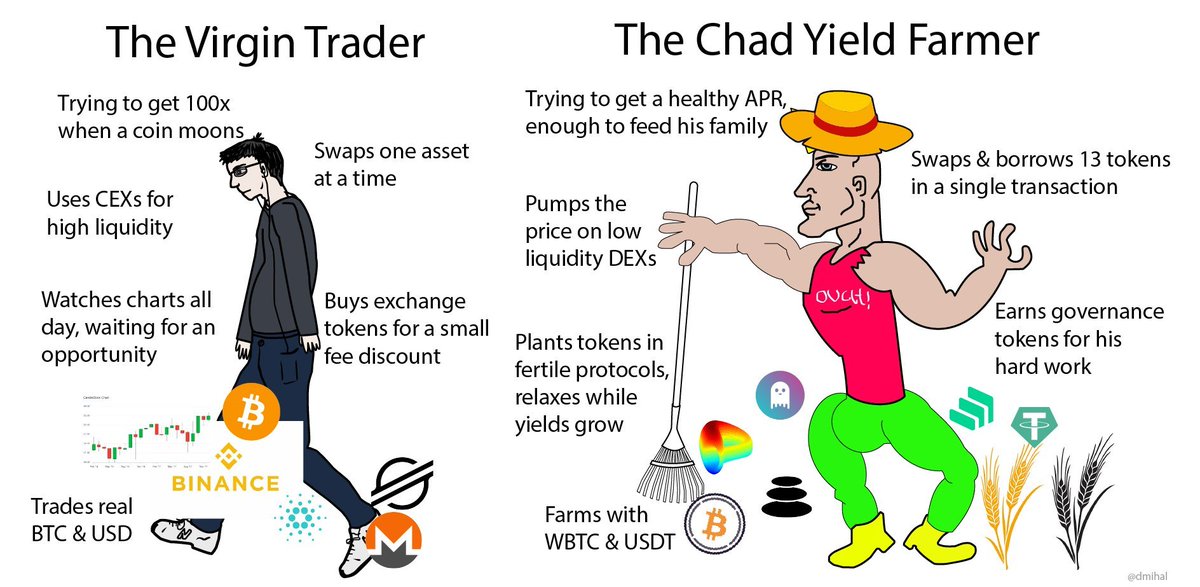
1/ Delphi Labs is excited to announce that @lex_node has joined us as General Counsel
Gabe is a crypto law OG and widely respected as one of the top legal minds in the space having worked with projects like Metacartel, Lido, Yearn, Sushi, among many others
Gabe is a crypto law OG and widely respected as one of the top legal minds in the space having worked with projects like Metacartel, Lido, Yearn, Sushi, among many others
2/ Our goal at Delphi Labs is to push the crypto space forwards by helping projects with whatever they need to be successful
We already have exceptional talent in economic design, product, UX and strategy, but all projects grapple with the legal challenges crypto presents
We already have exceptional talent in economic design, product, UX and strategy, but all projects grapple with the legal challenges crypto presents
3/ Unlike some in the space, Gabe applies existing regulations as they actually are rather than an idealised version of what they should be
He’s also written some of the best research out there on the implications of securities laws for token projects: github.com/lex-node
He’s also written some of the best research out there on the implications of securities laws for token projects: github.com/lex-node
4/ Ultimately, we agree with Gabe’s realistic approach. While we’re hardcore believers in the space, we also feel many use tokens as a way to skirt securities regulations, raising non-dilutive financing and sidestepping SEC reporting requirements
This doesn’t interest us
This doesn’t interest us
5/ We think crypto's true innovation lies in decentralisation: using incentive design to encourage disparate, self-interested actors to cooperate in ways that recreate and improve on services currently provided by trusted intermediaries
This is the world we want to help build
This is the world we want to help build
6/ Gabe will work with incubated projects to help guide the decentralisation process and liaise with the legal system
He’ll also use his legal background to work with our token econ & governance team as a "governance hacker", helping pioneer new coordination primitives
He’ll also use his legal background to work with our token econ & governance team as a "governance hacker", helping pioneer new coordination primitives
7/ We’re certain Gabe will add huge value to Labs projects and couldn’t be more pumped to absorb his legal skillset into @Delphi_Digital's multidisciplinary talent blackhole 🕳️🧠
More exciting news coming soon 👀 The world isn't ready for just how ambitious Delphi's vision is
More exciting news coming soon 👀 The world isn't ready for just how ambitious Delphi's vision is
• • •
Missing some Tweet in this thread? You can try to
force a refresh






